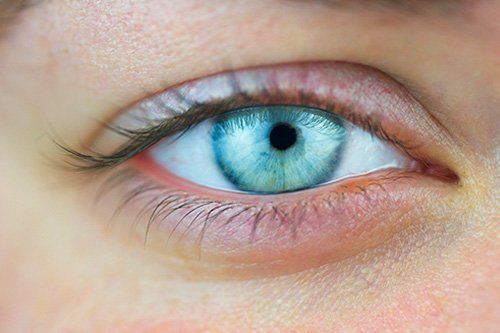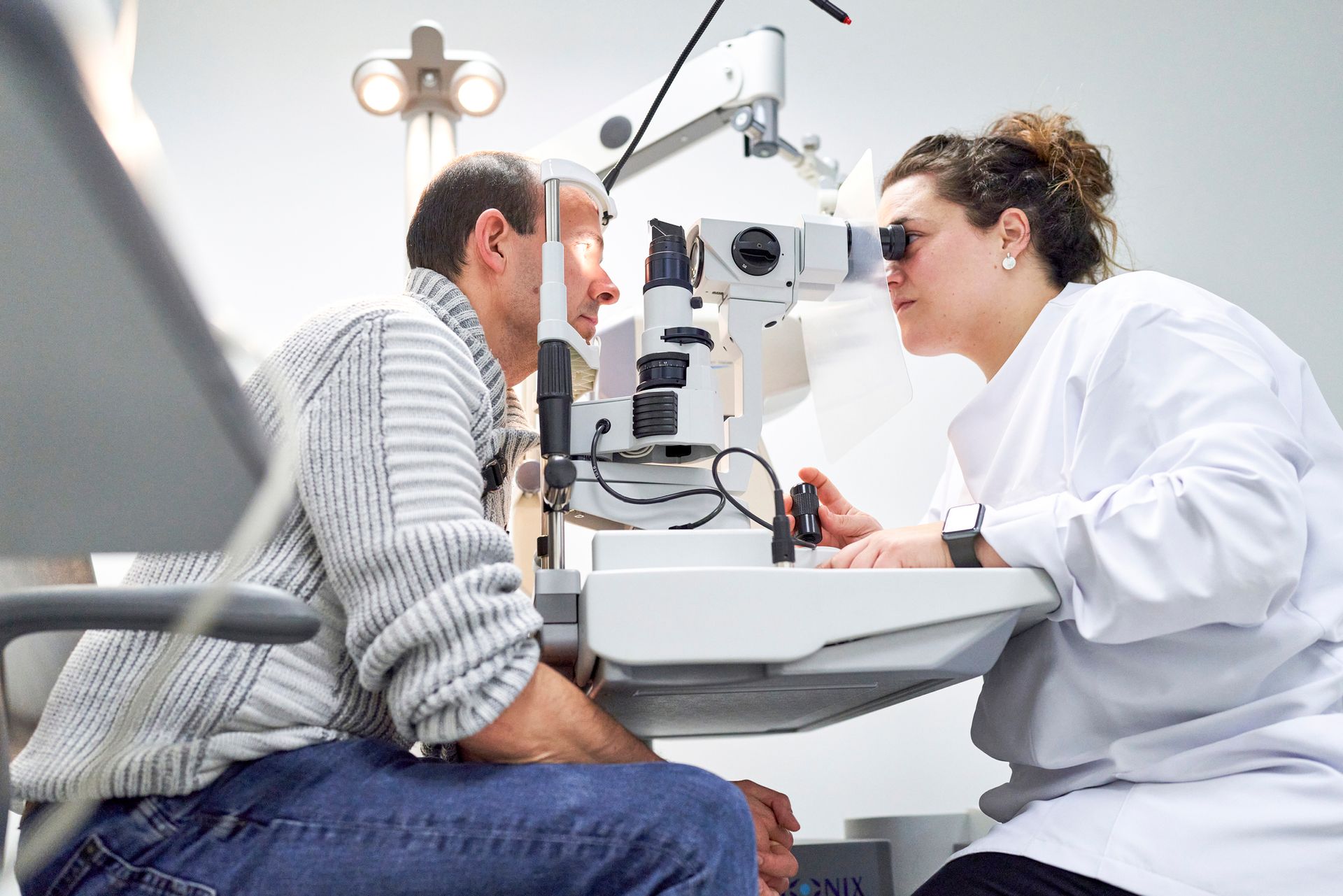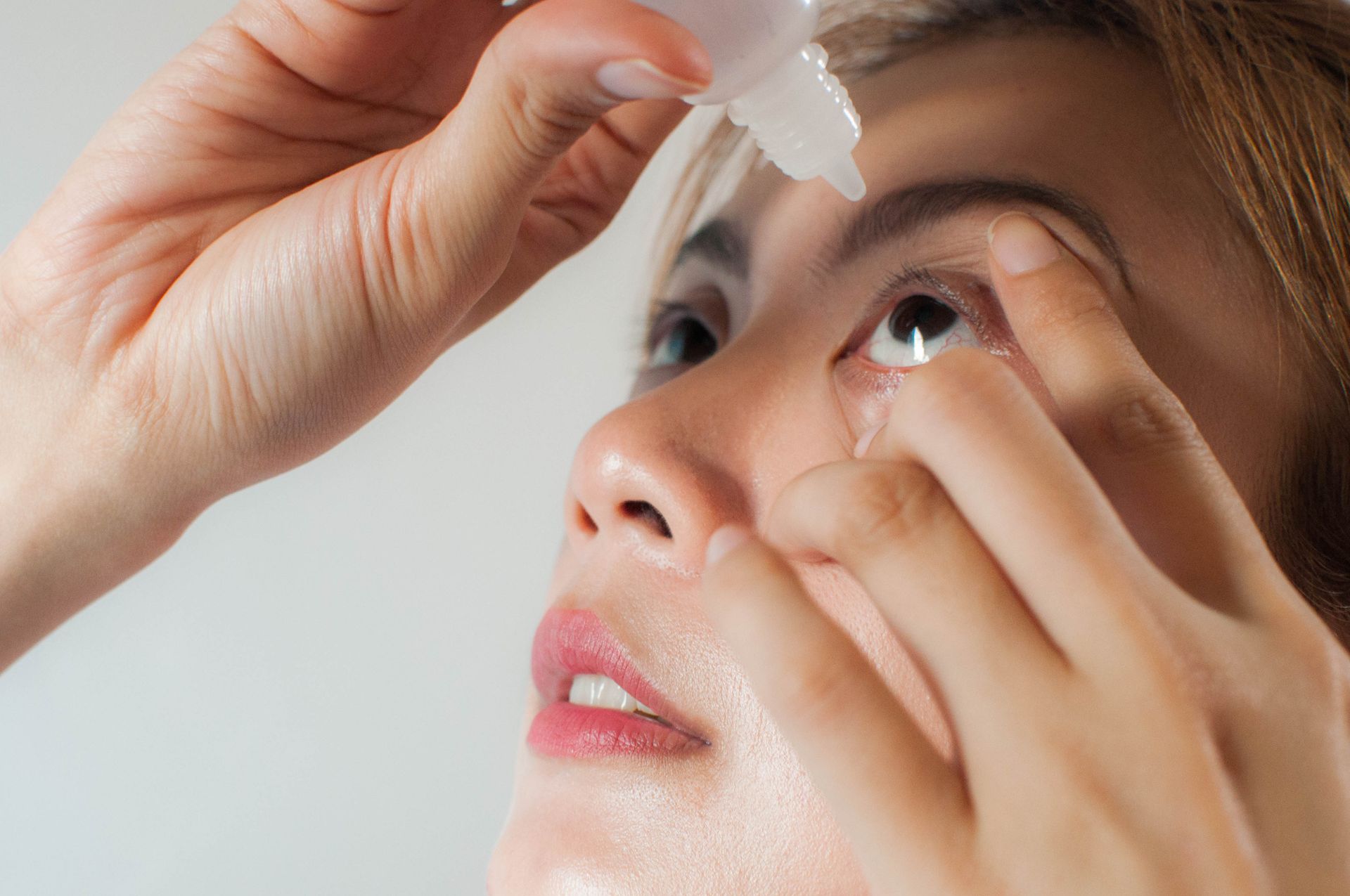Ideally, you should not feel anything when your contact lenses are in your eyes. Your eyes should not feel itchy, dry or like something is on their surface. If you do start to experience frequent discomfort when wearing your lenses, it is typically a sign that something is amiss. Here are some of the most likely possibilities.
Many patients assume that if they have never suffered from allergies in the past, allergies cannot be to blame for eye discomfort they have when wearing contact lenses. However, allergies can develop at any time. Many adults develop allergies to ragweed, pollen, dust or mold spores after never having been allergic in their youth.
Allergen-causing particles can get stuck to your contacts, causing red, itchy eyes until you remove the lenses and give your tears a chance to rinse the allergens out of your eyes. If your eye irritation seems worse when you go outside during pollen season or when you spend more time indoors while a heating system propels dust and mold spores through the air, then allergies are likely to blame for your symptoms.
Many contact lens wearers seek relief by simply not wearing their lenses when pollen counts are high or when dust is abundant. However, there are a few ways to make contact use less bothersome during allergy season:
- Switch to disposable, daily-wear lenses so you are not re-introducing allergens to your eyes each morning.
- Use artificial tears for quick relief when your allergies and eye irritation act up.
- See an allergist to ensure your allergies are being properly managed with medication.
There is also a small chance that you are allergic to an ingredient in your lens care solution. Ask your eye doctor to recommend another solution made for sensitive eyes.
A thin layer of tears between your contact lens and your cornea prevents you from feeling the contact on the surface of your eye. If your eyes become too dry, they will start to feel irritated, and you'll begin noticing the presence of the lens. There are a number of common causes of eye dryness.
Autoimmune Diseases
Autoimmune diseases like Sjogren's syndrome and lupus may attack the lacrimal glands, reducing tear production. If these conditions run in your family, let your eye doctor know, and be on the lookout for other symptoms.
Certain Medications
Antihistamines, decongestants, pain relievers and many other drugs can cause dry eye as a side effect. If you are taking any of these medications, talk to your physician or eye doctor about your eye dryness and contact discomfort. They may be able to adjust your dose or recommend a different medication to keep you more comfortable.
The Aging Process
For women in particular, aging causes a change in hormone levels that can contribute to eye dryness, making contacts uncomfortable to wear. Hormone replacement therapy may help ease this and other menopause symptoms.
Contact lenses that are too small, too large or not shaped properly to fit the curve of your corneas can cause anything from mild irritation to serious scratches. This is unlikely to be an issue if you purchased your contacts from your eye doctor, as they take careful measurements of your eyes to ensure the correct size is ordered. However, if you purchase your contacts online, there is a chance you were sent the wrong size.
Improperly sized lenses are also a common issue among those who buy costume lenses without a prescription. This is why it's important to see an eye doctor before beginning to wear contacts, even if you are wearing colored lenses for cosmetic reasons rather than to correct your vision.
Wearing contact lenses should not be uncomfortable. If your lenses have been bothering you, consider the possibilities above, and then make an appointment with Calvert Ophthalmology Center. We'll evaluate your eye health and the fit of your lenses to narrow down the causes of your discomfort and find ways to make your contacts more comfortable.












